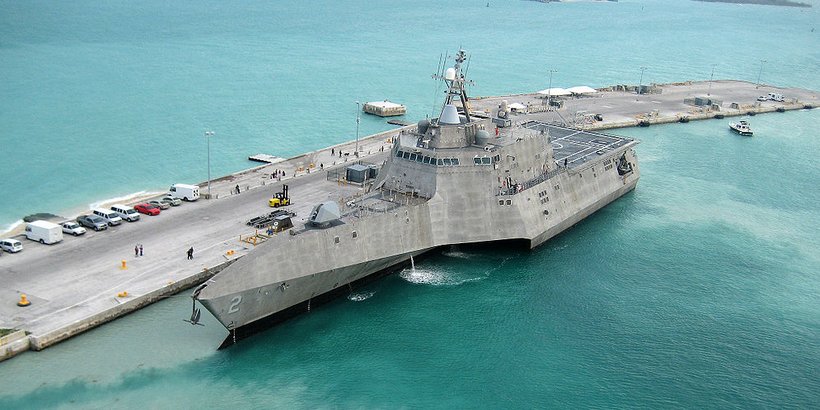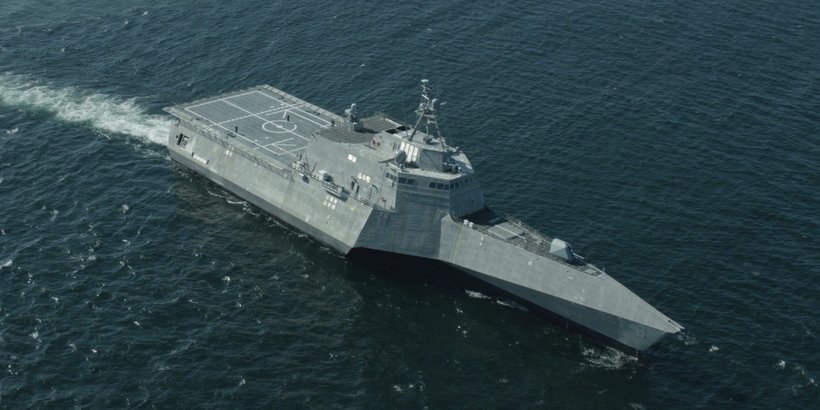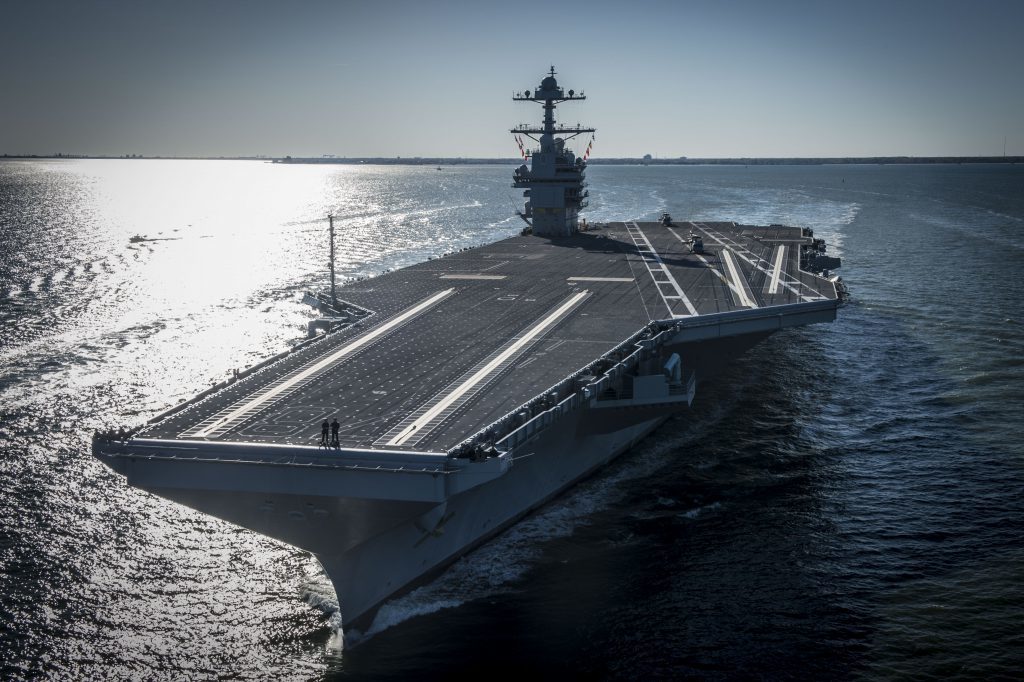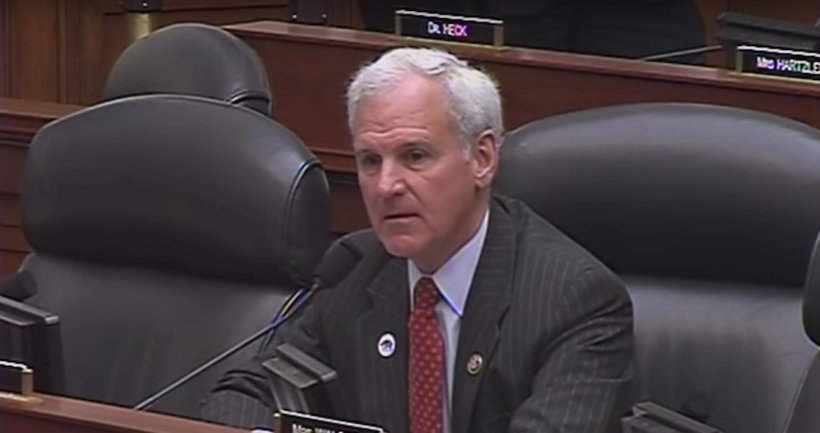
WASHINGTON — Defense News reported this week that the Alabama-made littoral combat ship (LCS) may have been dealt a “fatal blow” when Secretary of Defense Ash Carter directed the US Navy to slash its previous order of ships by twelve and reduce its annual orders by tho-thirds. But three members of Alabama’s federal delegation are vowing to defend the LCS from the Obama administration’s planned cuts.
The Navy had previously planned to annually purchase three LCS over the next four years, and ultimately purchase 52 ships total. Half the ships are being made by Austal in Mobile, Alabama, and half are being made by Lockheed in Marinette, Wisconsin.
Defense News explains:
The LCS program is unique among Navy ship classes and features two entirely different designs, the 3,300-ton Freedom class is produced by Lockheed Martin, while the 2,800-ton Independence class is built by Austal USA. Six LCSs are in commission, at least 14 are in various stages of construction, and another six are under contract.
SecDef Carter’s directive would cut the orders to one per year over the next four years and 40 in all, and also push the Navy to choose either Lockheed-Martin or Austal to be the exclusive supplier.
“Our Navy is at risk across the world and the weak and impotent Obama Administration seeks to further undermine our position with this ill-considered decision,” said Congressman Bradley Byrne (R-AL1), who represents the coastal Alabama District where the LCS are made by 4,000 Austal USA employees. “Make no mistake about it, from Mobile to Marinette and from San Diego to Jacksonville, the bell has rung, and those in the Pentagon need to hear that this will not stand. Not just for our ship yards but also for our Navy and for the defense of the people of the United States of America.”
US Navy sources Yellowhammer spoke on background said they generally agree with Byrne that pressure from the White House to broadly cut the Department of Defense has compelled SecDef Carter to target the LCS, even though the Navy itself believes the boost in ship numbers is needed.
The Navy’s stated goal for years has been to build up its capacity to 308 ships. There are currently 272 ships in the fleet, and Navy advocates on Capitol Hill and in the Pentagon argue that cutting the LCS procurement to just 40 ships will make the Navy’s capacity goal impossible to achieve.
The senior positions that Alabama senators Richard Shelby (R-Ala.) and Jeff Sessions (R-Ala.) hold on the Appropriations Committee and Armed Services Committee respectively could prove invaluable as the fight over the future of the LCS makes its way through Congress next year.
“The LCS is critical to our Navy’s ability to respond to current and future threats across the world, and we cannot threaten our military’s ability to execute future operations with this powerful warfighter,” said Shelby. “I will fight tooth and nail against this misguided attempt to needlessly undermine the security of our nation and the American people.”
“This would be a monumental error and must not stand,” added Sessions. “It would overrule the long-settled priorities of the Navy. The LCS has been a top priority for the Navy for almost 20 years, has been supported by the last six Secretaries of the Navy and every Chief of Naval Operations since Admiral Vern Clark, and has had strong bipartisan Congressional support every year. This is troubling not just for the 4,000 hardworking Austal employees in Mobile, but also for the future of our Navy and our national security.”
The FY2017 Pentagon budget is due to be sent to the White House’s Office of Management and Budget (OMB) on Friday. The fight over the future of the LCS will play out next year, with thousands of Alabama jobs and the future of the Navy’s fleet hanging in the balance.










